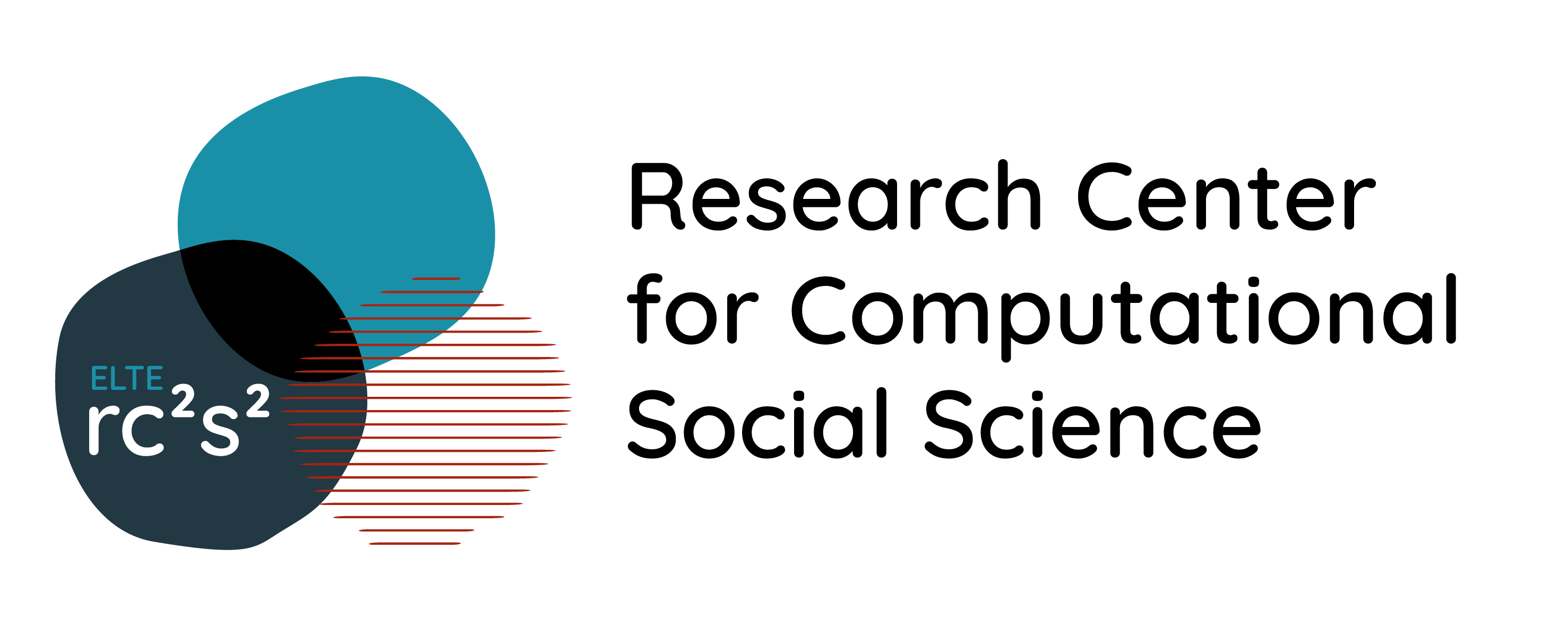Although it is undisputed that without antisemitism there would have been no Shoah, in contemporary Holocaust education antisemitism is often omitted, relegated to the sidelines, or treated in a very abbreviated form. As a result, Holocaust education remains ineffective in reducing antisemitism.
In their major study of teaching and learning about the Holocaust and its effectiveness in preventing antisemitism, Isabella Pistone et al. (2021) found that there was a glaring contradiction between the obvious policy-driven desire to engage teaching and teachers in combatting antisemitism and the limited focus on antisemitism in research as well as in educational initiatives. They claimed that initiatives that could potentially prevent antisemitism seem to be more about human rights in general or racism and different forms of intolerance. However, this general statement does not apply equally to all social contexts. Holocaust education in post-Nazi states increasingly focuses on antisemitism. Yet it does not seem to be effective in reducing antisemitism.
Using two very different case studies, the lecture will examine the goals of Holocaust education in the field of tension between human rights education and antisemitism prevention, transported understandings of antisemitism, and modes of action in relation to antisemitism. The United Kingdom is an example of a state that, as part of the Allies, helped put an end to the Holocaust. Austria will be used as an example of a post-Nazi state.
